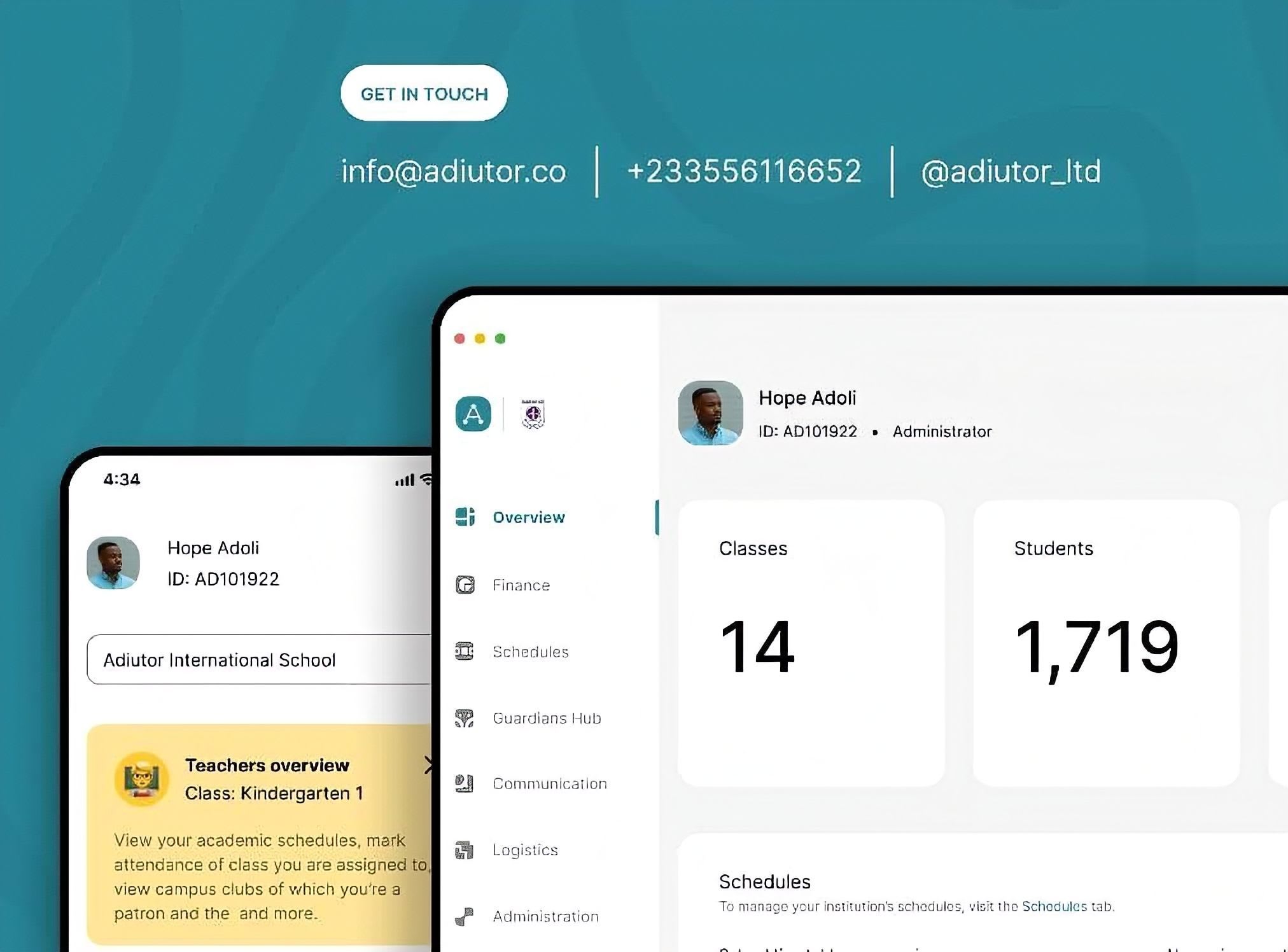Socratic Methods and Modern Classrooms

Socratic methods are a form of inquiry-based teaching that emphasizes critical thinking, questioning, and dialogue to stimulate intellectual curiosity and promote deeper understanding. The method was named after the ancient Greek philosopher Socrates who believed in the power of inquiry to discover truths and challenges and is still applicable in modern classrooms.
💡 Lessons learnt: Learning begins in wonder.
Socrates believed that genuine learning occurs through dialogue and inquiry, rather than passive reception of information. His approach to teaching emphasized the importance of questioning assumptions, examining beliefs, and arriving at deeper truths through reasoned discourse.
Over time, the Socratic method evolved and found its way into educational practices around the world. In the modern classroom, Socratic methods are often employed as a pedagogical approach to promote active learning, critical thinking, and intellectual engagement among students. Educators recognize the value of fostering inquiry-based learning environments where students are encouraged to ask questions, challenge ideas, and construct knowledge collaboratively.
The Socratic method gained prominence in educational circles during the Renaissance and Enlightenment periods, as scholars and educators sought to revive the spirit of philosophical inquiry and critical thinking exemplified by Socrates. In the 20th century, educational reformers such as John Dewey further advocated for the importance of inquiry-based learning and experiential education, drawing inspiration from the Socratic tradition.
Today, Socratic methods are widely used in various educational settings, including classrooms, seminars, and discussion-based courses, to cultivate intellectual curiosity, stimulate dialogue, and empower students to become active participants in their own learning process by encouraging students to think critically, ask meaningful questions, and engage in reasoned discourse.
Learning theories and Socrates' methods
In social learning theory, which emphasizes the role of social interactions and observational learning in shaping behavior, Socratic methods facilitate collaborative learning and knowledge sharing among peers. Through Socratic dialogue, learners not only engage in critical thinking and problem-solving but also observe and learn from the perspectives, insights, and reasoning of others. By participating in dialogue-rich environments where ideas are explored, challenged, and refined collectively, learners acquire content knowledge and social-emotional skills, such as communication, empathy, and perspective-taking, which are essential for success in social contexts.
Within cognitive learning theory, which focuses on how individuals acquire, process, and store information, Socratic methods are used to stimulate intellectual curiosity, challenge assumptions, and deepen understanding through inquiry-based dialogue. By posing thought-provoking questions and guiding students through a process of inquiry, educators encourage learners to actively construct meaning, connect new information with prior knowledge, and develop metacognitive awareness of their thinking processes.
Implementing Socratic Methods in Modern Classrooms
The Questioning Game
The Questioning Game is a Socratic method that encourages students to think deeply and critically about a particular topic or concept. It involves the teacher asking open-ended questions and guiding students to explore different perspectives and develop their understanding. Research by Watts and Anderson (2016) found that students who participated in the Questioning Game showed higher levels of engagement and critical thinking skills.
For example, in a high school history class, the teacher could ask, "Why do you think World War II had such a significant impact on global politics?" By encouraging students to analyze and evaluate various factors, they develop a deeper understanding of the topic and are better able to connect historical events to present-day situations.
Collaborative Dialogue
Collaborative dialogue is another Socratic method that promotes active learning and peer interaction. It involves students engaging in meaningful discussions, sharing ideas, and challenging each other's viewpoints. A study found that collaborative dialogue significantly improved students' understanding and retention of complex scientific concepts.
For instance, in a middle school science class, students can be divided into small groups to discuss the causes and effects of climate change. The teacher can facilitate the dialogue by asking probing questions and encouraging students to support their arguments with evidence. Through this process, students learn to consider multiple perspectives and develop their communication skills.
Conceptual Mapping
Conceptual mapping is a visual representation of knowledge that helps students organize and connect different concepts. Research by Novak and Canas (2008) demonstrated that conceptual mapping improves students' ability to understand complex ideas and make connections between different topics.
In an elementary math class, students can create concept maps to illustrate their understanding of geometric shapes and their properties. Students can identify patterns and generalize their knowledge by visually representing the relationships between different shapes. This Socratic method encourages students to think deeply about the underlying concepts and enhances their ability to transfer knowledge to new situations.
Questioning Assumptions
Questioning assumptions is a Socratic method that challenges students to evaluate their own beliefs and assumptions critically. It encourages them to question conventional wisdom and think outside the box. Research by Facione (2011) found that questioning assumptions improve students' creative thinking and problem-solving abilities.
For example, in a high school English class, students can analyze a controversial novel and discuss the underlying assumptions and biases present in the text. By questioning these assumptions, students develop a deeper understanding of the complexities of literature and become more critical readers.

Adiutor
Adiutor means "helper" - we do just that, by taking a load of your school administration and helping you focus on what matters most: the kids.
References:
Facione, P. A. (2011). Critical thinking: What it is and why it counts,
Novak, J. D., & Canas, A. J. (2008). The theory underlying concept maps and how to construct and use them. Technical Report IHMC CmapTools, 2006-01, Florida Institute for Human and Machine Cognition.
Watts, M., & Anderson, R. (2016). The questioning game: A pedagogical tool to promote critical thinking skills and motivation in students. International Journal of Teaching and Learning in Higher Education, 28(1), 24-33.
BrookField S.D.(2011). Teaching for critical thinking: Tools and techniques to help students question their assumptions.
Wilberding E.(2019). Socratic Methods in the ClassroomEncouraging Critical Thinking and Problem Solving Through Dialogue (Grades 8-12)
